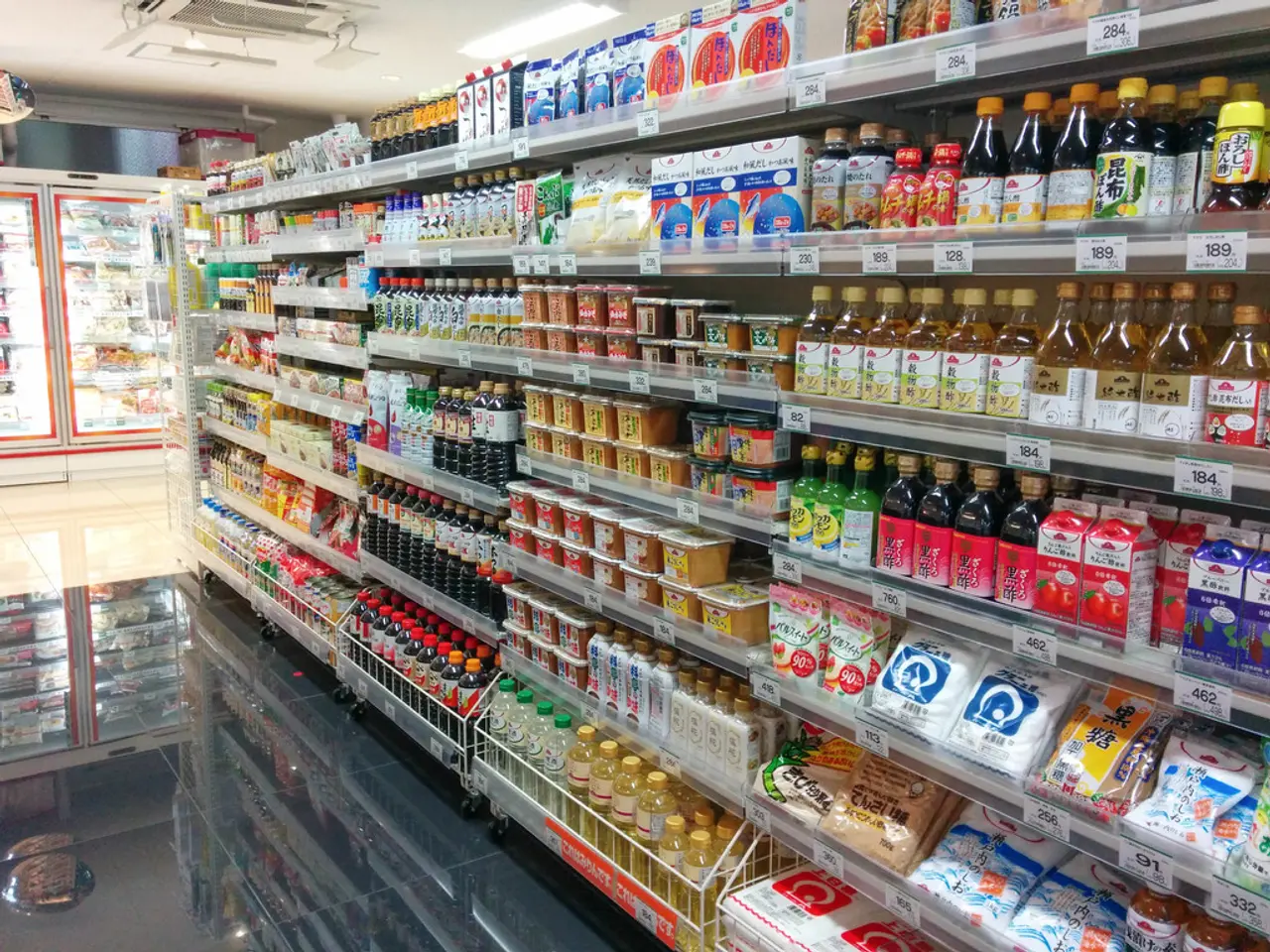High-end U.S. shoppers journey to Europe to sidestep tariffs on costly products
In an unexpected twist, affluent Americans are increasingly venturing abroad to purchase luxury goods, bypassing the hefty tariffs imposed on European products within the United States. This trend, reminiscent of Taylor Swift fans paying to see her on a foreign leg of her tour, is a response to the premium tariffs that can amount to tens of thousands of dollars on imported luxury goods.
The tariffs on most European goods stand at 15%, but for Swiss products, they escalate to a staggering 39%. Top-end watches, such as those made by Patek Philippe or Audemars Piguet, can have prices in the hundreds of thousands of dollars, making the extra premium for foreign products at home due to US tariffs a significant deterrent for some consumers.
A "very important" independent watchmaker, Favre Leuba, and ZRC 1904, have announced they will no longer sell their watches in the United States, predicting that their customers will travel to buy their watches instead. This move comes amid rising inflation expectations in the US and building concerns about the impact of tariffs on prices, especially for food and groceries.
Travellers can benefit from an €800 VAT allowance, but purchases made abroad over that amount are subject to tariffs. However, combining the purchase of luxury goods with a holiday in Europe is considered well worthwhile due to the savings from avoiding US tariffs. To claim a VAT refund, shoppers need to provide a refund form given at the point of sale and go through processing before departure, usually at an airport.
It is possible to claim a VAT refund of up to 15% VAT on items bought overseas. It is also cheaper for affluent Americans to pay for flights, a hotel, and a ticket in a non-US city to see Taylor Swift than it is to see her in the US. This trend suggests that US tariffs may be pushing American consumers to spend their money abroad rather than at home.
However, it is unclear whether all consumers interviewed by CNBC were planning to declare their foreign purchases to US customs officials. The University of Michigan's final August Consumer Sentiment data showed a decline of 5.7% month-on-month, with confidence dropping across income and age groups. Whether this decline is a direct result of the rising costs of luxury goods due to tariffs remains to be seen.







